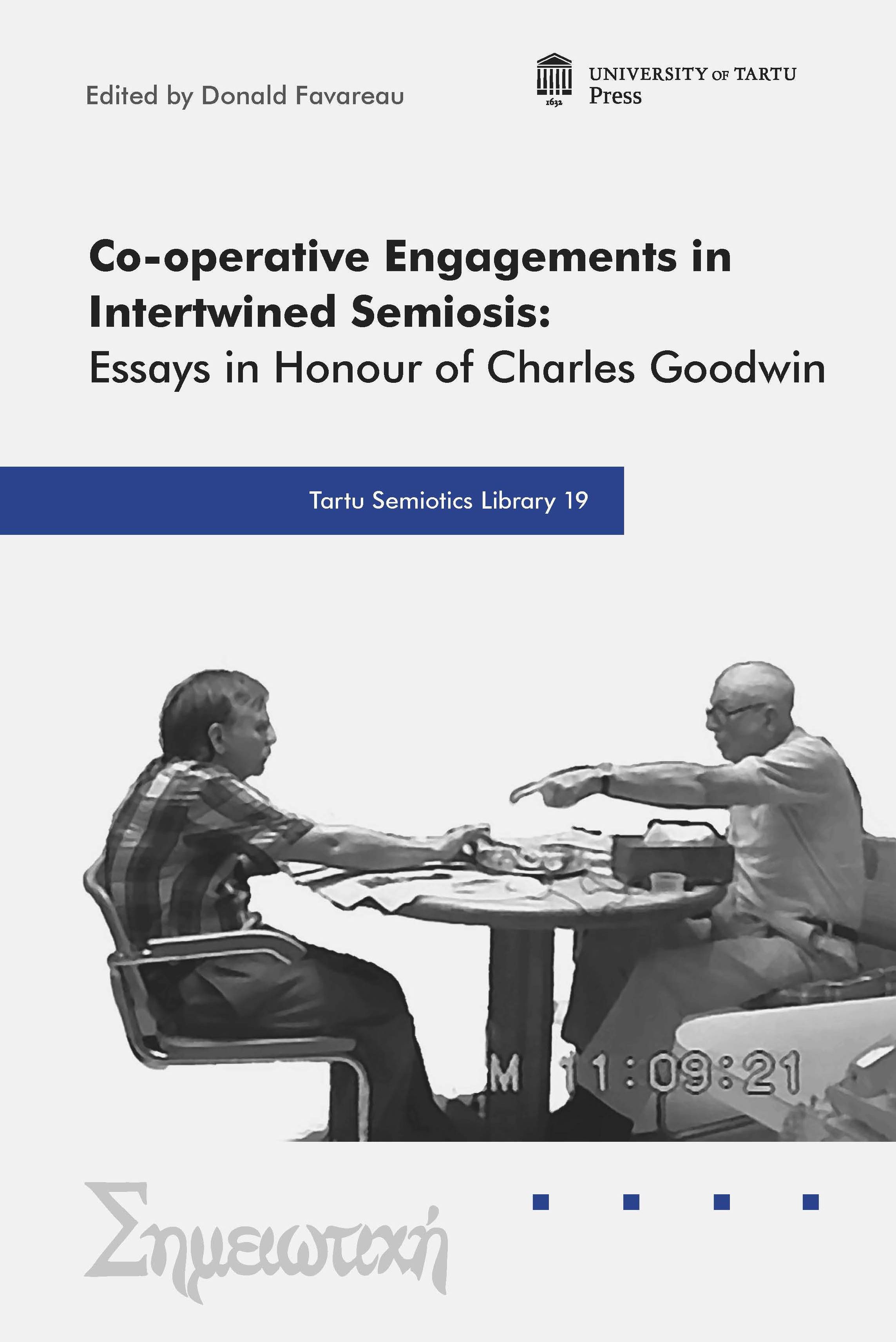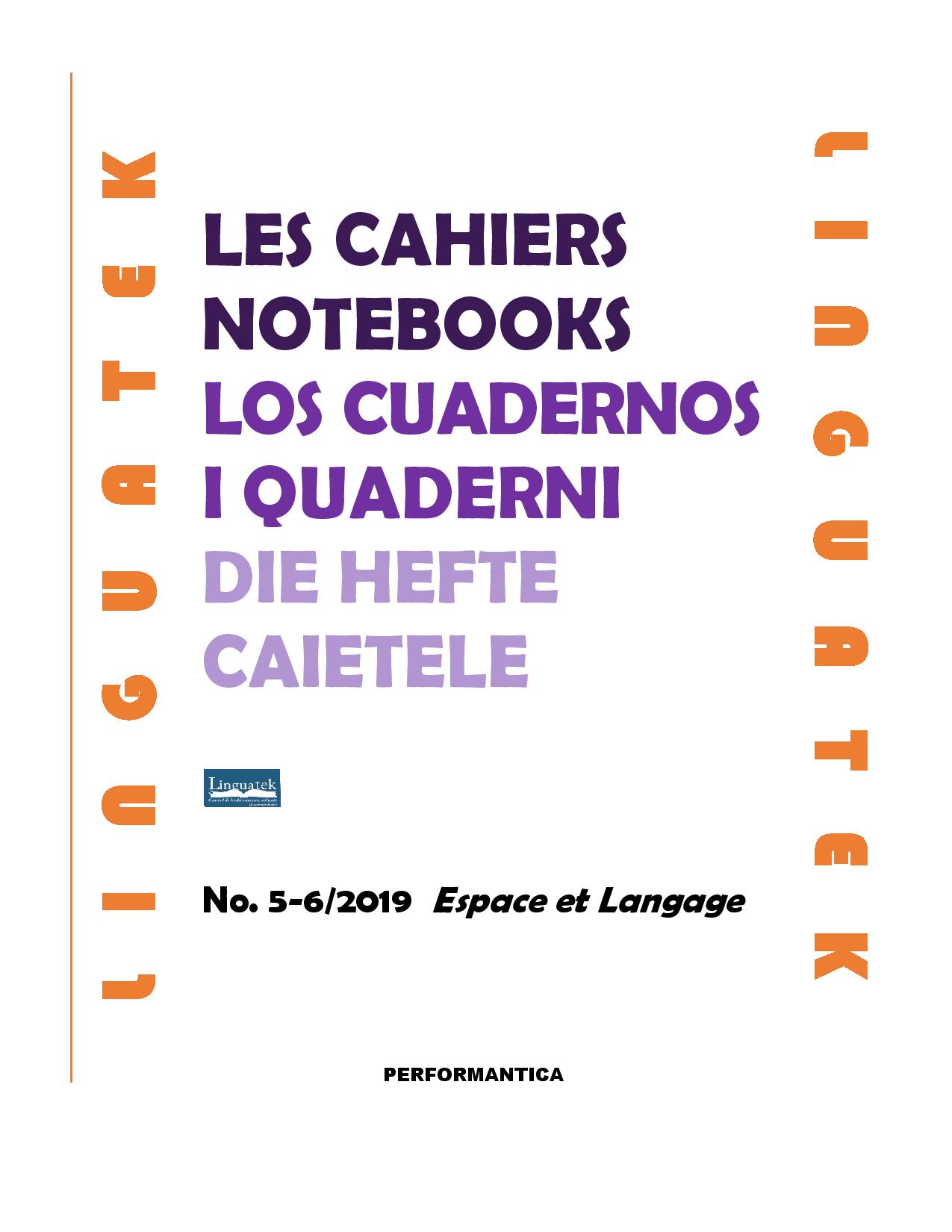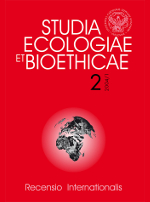
Thirty-Nine Seconds of Video
After working for several years with three deaf siblings from a small family in Mexico who have developed their own family sign language, without contact with other deaf people or other sign languages, I began to wonder what it would have been like if our studies of interaction had begun not – as mine did – with written renderings of spoken language but with the experiences of people more like my signing friends. I thus picked a small piece of interaction – just thirty-nine seconds recorded in my lab at UCSD at its inaugural workshop on December 7, 2007 – to reflect about what such a different investigative trajectory might have looked like.
More...

